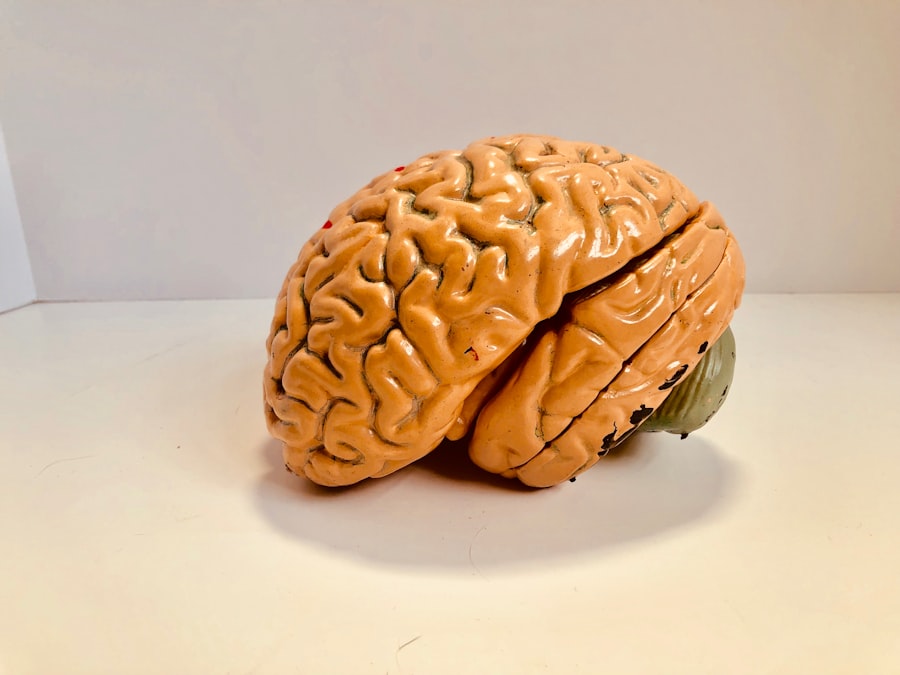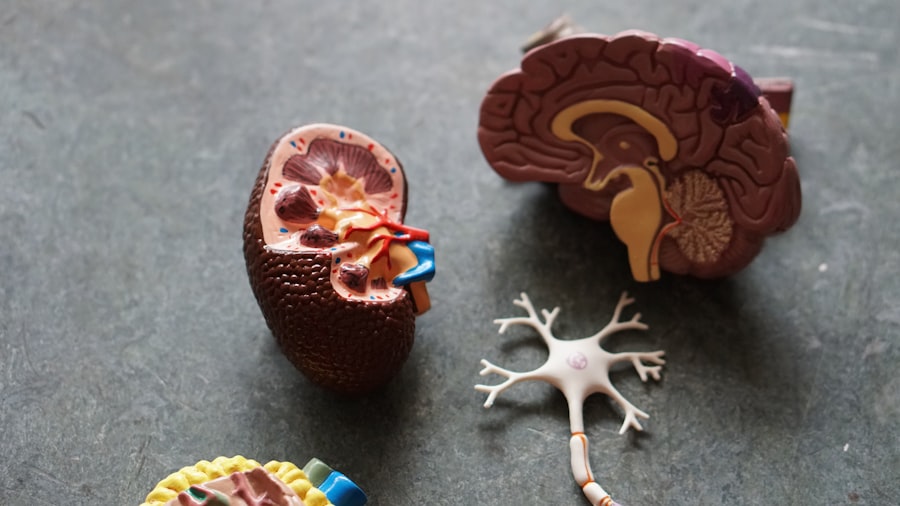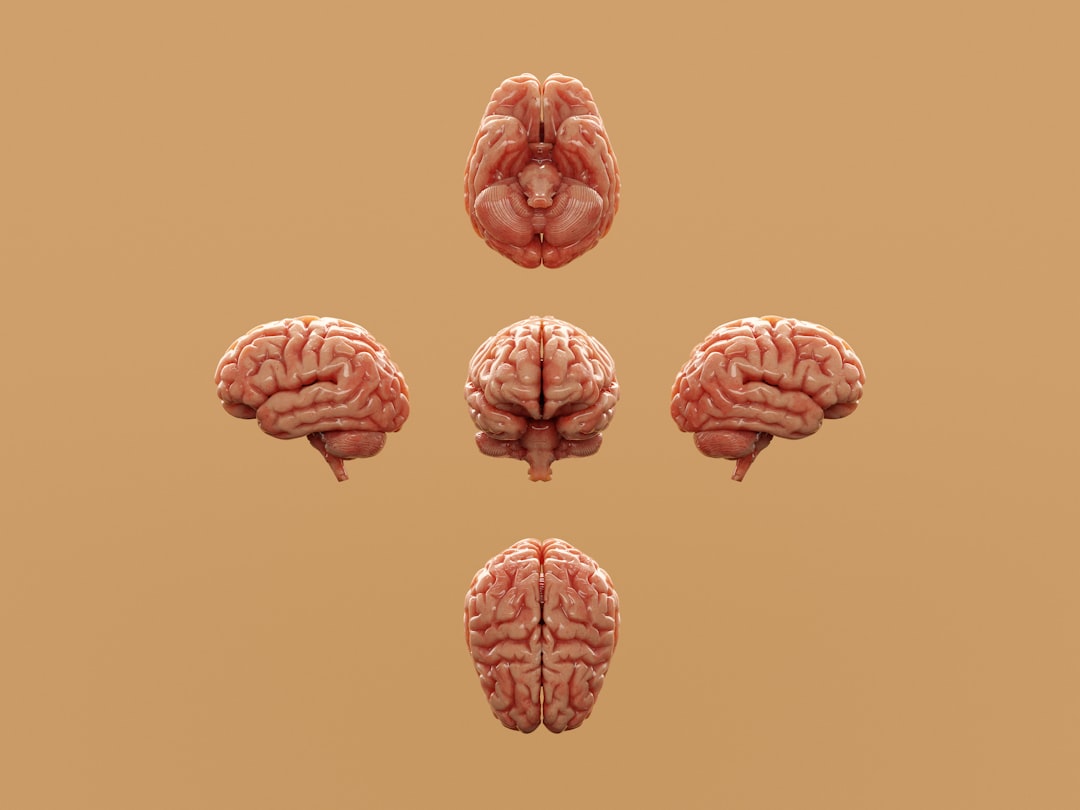Consciousness is one of the most profound and perplexing phenomena that you encounter in your journey through life. It shapes your experiences, influences your decisions, and colors your perceptions of reality. Yet, despite its central role in human existence, consciousness remains an enigma that has puzzled philosophers, scientists, and thinkers for centuries.
You may find yourself wondering: What is consciousness? How does it arise? And why is it so difficult to define?
These questions are not merely academic; they touch upon the very essence of what it means to be human. As you delve into the study of consciousness, you will discover that it encompasses a wide range of experiences, from the simple awareness of your surroundings to the complex inner workings of thought and emotion. The quest to understand consciousness is not just an intellectual exercise; it has profound implications for various fields, including psychology, neuroscience, artificial intelligence, and ethics.
In this exploration, you will encounter diverse theories and perspectives that attempt to unravel the mystery of consciousness, each offering unique insights into this intricate phenomenon.
Key Takeaways
- Consciousness remains a complex and elusive phenomenon with no single agreed-upon definition.
- Various theories and philosophical perspectives attempt to explain how consciousness arises and functions.
- The brain’s neural activity is closely linked to conscious experience, with specific neural correlates identified.
- Disorders of consciousness provide valuable insights into brain function and the nature of awareness.
- Advances in AI, quantum mechanics, and interdisciplinary research are shaping the future understanding and ethical implications of consciousness.
Defining Consciousness and its Elusiveness
Defining consciousness is a daunting task, as it encompasses a multitude of states and experiences. At its core, consciousness can be understood as the state of being aware of and able to think about one’s own existence, thoughts, and surroundings. However, this definition barely scratches the surface.
You may find that consciousness includes a spectrum of experiences, from basic sensory awareness to complex self-reflection and introspection. This complexity is part of what makes consciousness so elusive; it is not a singular entity but rather a collection of interrelated processes. The elusiveness of consciousness becomes even more apparent when you consider the subjective nature of experience.
Your consciousness is inherently personal; it is shaped by your thoughts, emotions, memories, and perceptions. This subjectivity poses significant challenges for researchers attempting to study consciousness scientifically. How can you measure something so deeply personal and variable?
As you explore this topic further, you will encounter various approaches that seek to bridge the gap between subjective experience and objective measurement, each grappling with the fundamental question: What does it truly mean to be conscious?
Theories and Philosophical Perspectives on Consciousness

Throughout history, numerous theories have emerged in an attempt to explain consciousness. You may find yourself drawn to dualism, a perspective famously championed by René Descartes, which posits that the mind and body are distinct entities. According to this view, consciousness exists independently of the physical brain.
In contrast, materialist theories argue that consciousness arises solely from physical processes within the brain. This debate between dualism and materialism highlights the complexity of understanding consciousness and reflects broader philosophical questions about the nature of reality. Another intriguing perspective is panpsychism, which suggests that consciousness is a fundamental aspect of all matter.
As you explore these theories, you will encounter a rich tapestry of ideas that challenge your understanding of consciousness and invite you to consider alternative viewpoints. Each theory offers unique insights while also raising new questions about the nature of existence and the relationship between mind and matter.
The Brain and its Role in Generating Consciousness
| Brain Region | Role in Consciousness | Key Metrics | Relevant Studies |
|---|---|---|---|
| Prefrontal Cortex | Executive functions, decision making, self-awareness | High neuronal density; increased activity during conscious tasks (fMRI BOLD signal increase ~20%) | Dehaene et al., 2014; Lau & Rosenthal, 2011 |
| Thalamus | Relay center, integration of sensory information, maintaining wakefulness | Thalamocortical connectivity strength correlates with conscious states (connectivity index ~0.8 during wakefulness) | Tononi & Koch, 2015; Schiff, 2010 |
| Posterior Cortex (Parietal and Occipital lobes) | Processing sensory input, visual awareness | Increased gamma oscillations (30-100 Hz) during conscious perception | Crick & Koch, 2003; Koch et al., 2016 |
| Claustrum | Potential coordinator of cortical activity for unified consciousness | High connectivity with multiple cortical areas; stimulation can alter conscious experience | Crick & Koch, 2005; Koubeissi et al., 2014 |
| Default Mode Network (DMN) | Self-referential thought, mind-wandering, baseline conscious state | Functional connectivity strength ~0.7 during rest; decreased in unconscious states | Raichle et al., 2001; Buckner et al., 2008 |
The brain is often regarded as the epicenter of consciousness, serving as the biological substrate from which conscious experience emerges. As you delve into neuroscience, you will discover that various brain regions are implicated in different aspects of consciousness. For instance, the thalamus plays a crucial role in relaying sensory information to the cortex, while the prefrontal cortex is associated with higher-order cognitive functions such as decision-making and self-awareness.
Understanding these connections can provide valuable insights into how your brain generates conscious experience. However, the relationship between the brain and consciousness is not straightforward. While certain brain activities correlate with conscious experiences, it remains unclear how these neural processes translate into subjective awareness.
You may find yourself grappling with questions about whether consciousness can be fully explained by neural activity or if there are aspects of experience that elude scientific inquiry. This ongoing exploration invites you to consider the intricate interplay between biology and experience as you seek to understand the origins of consciousness.
The Neural Correlates of Consciousness
In your quest to understand consciousness, you will encounter the concept of neural correlates of consciousness (NCC).
Researchers have employed various techniques, such as functional magnetic resonance imaging (fMRI) and electroencephalography (EEG), to identify these correlates.
As you explore this field, you will discover that certain patterns of neural activity are consistently associated with specific conscious states. Despite significant advancements in identifying NCCs, challenges remain in establishing a definitive link between neural activity and subjective experience. You may find yourself pondering whether identifying NCCs can truly capture the richness of conscious experience or if there are dimensions of awareness that remain elusive to scientific measurement.
This ongoing inquiry highlights the complexity of consciousness and underscores the need for interdisciplinary approaches that integrate neuroscience with philosophy and psychology.
Disorders of Consciousness: Insights into the Brain’s Function

Studying disorders of consciousness can provide valuable insights into how the brain functions and generates awareness. Conditions such as coma, vegetative state, and minimally conscious state offer a unique window into the complexities of consciousness. As you explore these disorders, you will learn about the varying degrees of awareness exhibited by individuals in these states and how they challenge our understanding of what it means to be conscious.
For instance, individuals in a vegetative state may exhibit sleep-wake cycles but lack any signs of purposeful response to stimuli. In contrast, those in a minimally conscious state may demonstrate intermittent signs of awareness or responsiveness. These distinctions raise important ethical questions about treatment decisions and quality of life for individuals with severe brain injuries.
As you reflect on these issues, you will gain a deeper appreciation for the nuances of consciousness and its implications for medical practice and ethical considerations.
The Search for Consciousness in Artificial Intelligence
The quest to understand consciousness has extended beyond human experience into the realm of artificial intelligence (AI). As technology advances, you may find yourself contemplating whether machines can possess consciousness or self-awareness similar to humans. This inquiry raises profound questions about the nature of intelligence and what it means to be conscious.
While current AI systems can perform complex tasks and simulate human-like behavior, they lack subjective experience or self-awareness. You may ponder whether true consciousness requires biological substrates or if it can emerge from computational processes alone. This exploration invites you to consider the ethical implications of creating conscious machines and how such developments could reshape our understanding of intelligence and personhood.
The Role of Quantum Mechanics in Understanding Consciousness
The intersection of quantum mechanics and consciousness has sparked intriguing debates among scientists and philosophers alike. Some theorists propose that quantum processes may play a role in generating conscious experience, suggesting that phenomena such as superposition or entanglement could contribute to the complexity of awareness. As you delve into this area, you will encounter various hypotheses that seek to bridge quantum physics with theories of consciousness.
While these ideas are still speculative and controversial, they challenge conventional notions about the nature of reality and consciousness. You may find yourself captivated by the possibility that understanding quantum mechanics could unlock new dimensions of awareness or provide insights into the fundamental nature of existence itself. This exploration invites you to think critically about the relationship between science and philosophy as you navigate the complexities of consciousness.
Consciousness and the Mind-Body Problem
The mind-body problem has long been a central issue in philosophy, raising questions about how mental states relate to physical processes in the brain. As you engage with this topic, you will encounter various perspectives on how consciousness interacts with the body and whether mental phenomena can be fully explained by physical processes alone. You may find yourself drawn to theories such as emergentism, which posits that consciousness arises from complex interactions within physical systems but cannot be reduced solely to those interactions.
This perspective invites you to consider how subjective experiences might emerge from neural activity while still retaining their unique qualities. Engaging with these philosophical debates can deepen your understanding of consciousness and its implications for your own sense of self.
The Future of Consciousness Research
As research on consciousness continues to evolve, exciting possibilities lie ahead for understanding this complex phenomenon. Advances in neuroscience, psychology, and technology are paving new pathways for exploration. You may anticipate breakthroughs that could shed light on previously unanswered questions about awareness, perception, and cognition.
The future may also see interdisciplinary collaborations that integrate insights from philosophy, cognitive science, and artificial intelligence research. Such collaborations could lead to innovative approaches for studying consciousness and addressing ethical dilemmas related to emerging technologies. As you reflect on these developments, consider how they might shape your understanding of what it means to be conscious in an increasingly complex world.
Implications of Understanding Consciousness for Society and Ethics
Understanding consciousness carries profound implications for society and ethics. As you contemplate these implications, consider how advancements in our understanding could influence areas such as mental health treatment, education, and even legal systems. A deeper comprehension of consciousness may lead to more compassionate approaches toward individuals experiencing mental health challenges or cognitive impairments.
Moreover, ethical considerations surrounding artificial intelligence will become increasingly relevant as technology continues to advance. You may find yourself grappling with questions about rights and responsibilities concerning conscious machines or entities created through advanced AI systems. Engaging with these ethical dilemmas invites you to reflect on your values and beliefs regarding personhood, agency, and moral responsibility in an ever-evolving landscape.
In conclusion, your exploration of consciousness reveals a rich tapestry woven from diverse theories, scientific inquiries, philosophical debates, and ethical considerations. As you navigate this complex terrain, remember that understanding consciousness is not merely an academic pursuit; it is an invitation to reflect on your own experiences and what it means to be alive in a world filled with wonder and mystery.
One of the most intriguing aspects of neuroscience is the ongoing exploration of the brain’s biggest mystery: consciousness. For those interested in delving deeper into this enigmatic subject, a related article can be found on Freaky Science, which discusses various theories and research surrounding the nature of consciousness. You can read more about it in this insightful piece: Freaky Science.
WATCH THIS! Your Brain Is Not Real (The Receiver Theory)
FAQs
What is considered the brain’s biggest mystery?
The brain’s biggest mystery often refers to understanding consciousness—how subjective experience arises from neural processes. Despite advances in neuroscience, the exact mechanisms behind consciousness remain largely unknown.
Why is the brain so difficult to understand?
The brain is incredibly complex, containing approximately 86 billion neurons interconnected by trillions of synapses. Its dynamic and adaptive nature, combined with the limitations of current technology, makes it challenging to fully comprehend its functions.
What are some key areas of research related to the brain’s mysteries?
Key research areas include studying consciousness, memory formation, neural connectivity, brain plasticity, and the origins of neurological disorders. Scientists use techniques like brain imaging, electrophysiology, and computational modeling to explore these topics.
How does understanding the brain’s mysteries benefit medicine?
Unraveling the brain’s mysteries can lead to better treatments for neurological and psychiatric conditions such as Alzheimer’s disease, depression, and epilepsy. It also aids in developing brain-machine interfaces and improving mental health therapies.
Is the brain fully mapped?
While significant progress has been made, such as the Human Connectome Project, the brain is not yet fully mapped. Researchers continue to work on detailed maps of neural connections to better understand brain function.
Can artificial intelligence help solve the brain’s mysteries?
Yes, artificial intelligence (AI) and machine learning assist in analyzing complex brain data, modeling neural networks, and simulating brain activity, which can provide insights into brain function and disorders.
What role does neuroplasticity play in the brain’s mysteries?
Neuroplasticity—the brain’s ability to reorganize itself by forming new neural connections—is crucial for learning, memory, and recovery from injury. Understanding neuroplasticity helps explain how the brain adapts and changes over time.
Are there ethical concerns in brain research?
Yes, ethical concerns include privacy issues related to brain data, the implications of manipulating brain activity, and ensuring informed consent in experiments. Researchers adhere to strict ethical guidelines to address these concerns.
